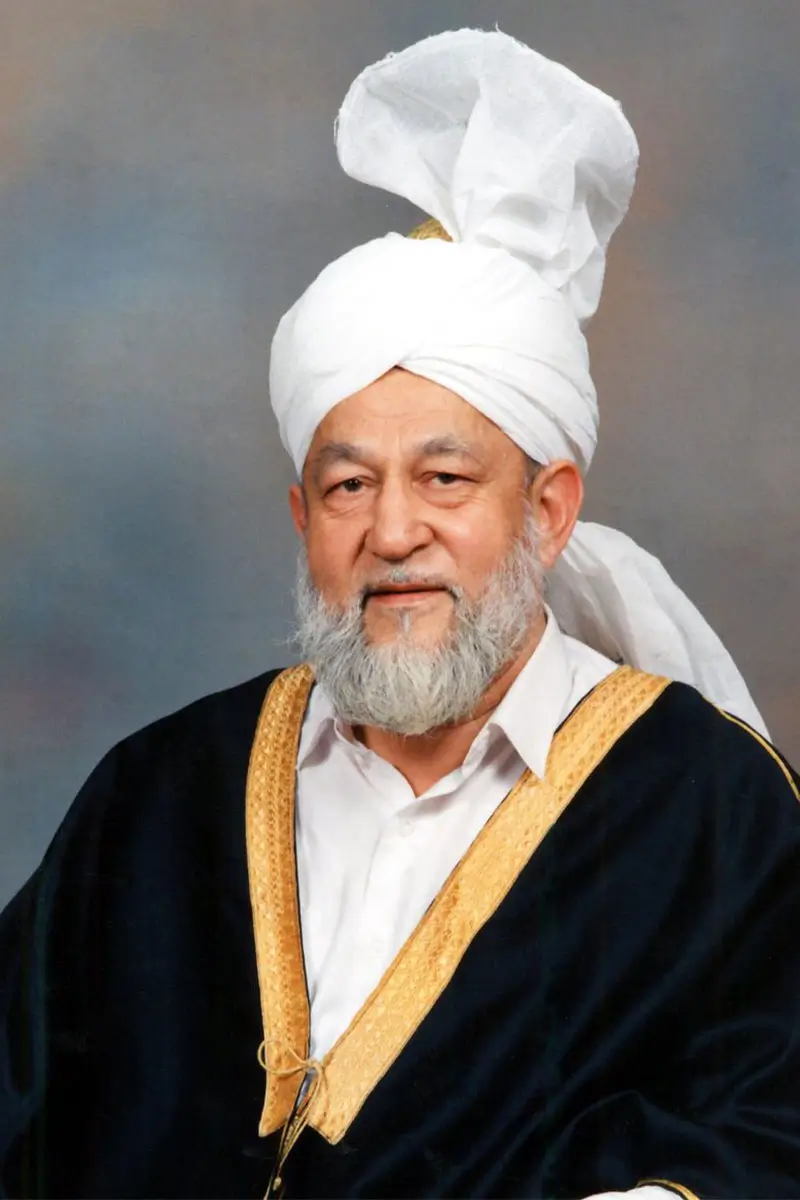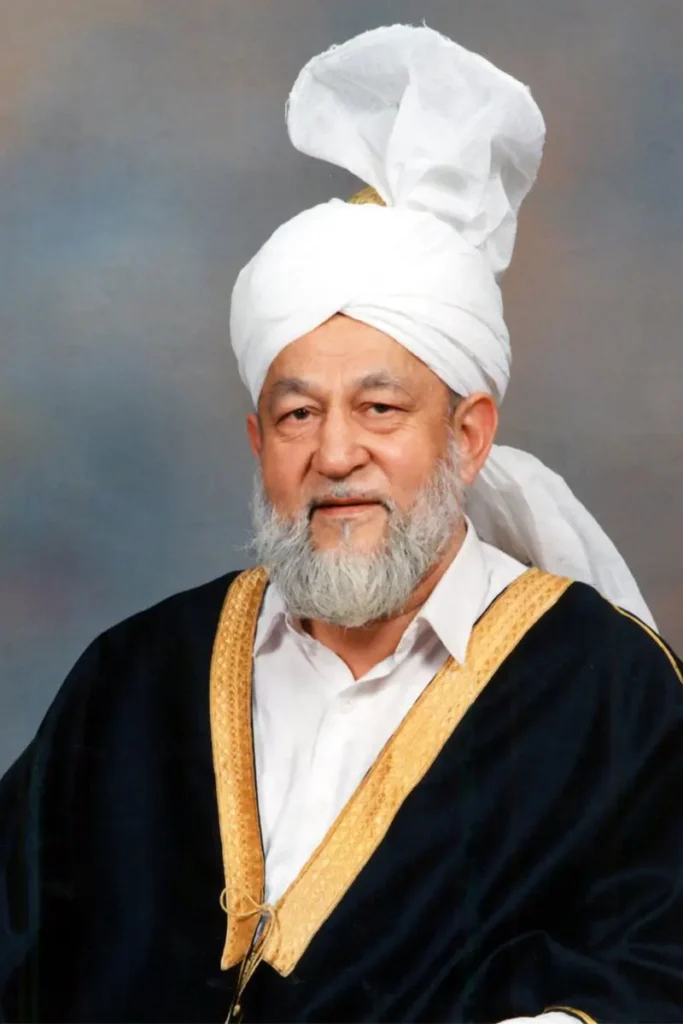Questioner: Before I ask my question, I’d like to give you a bit of background to my question, because I don’t want anyone here to get worried. Last year, I was a resident advisor in my hostel, in my residence, and my purpose was to give moral support, social advice, academic advice, so you understand that? Okay. We were given a lot of training on alcohol abuse, other topics like date rape and suicide, and at the beginning of the year, I was sitting there and saying, this shouldn’t be such a bad job. There’s only one topic, you know, that I fear coming across, and that’s suicide. And I had two encounters with suicidal events. (inaudible) At the end of the year, one resident, her brother was 17 years old, he committed suicide, and that shook up everybody on the floor. And then there was a 19-year-old first-year student who was thinking of committing suicide and talked to me about it, and I’d been able to put him in touch with the psychological counsellors. So that was taken care of, but I was wondering what, I understand that Islam prohibits this act, but I was wondering what happens, like, for instance, this 17-year-old boy, I had met him, and my feeling of that person was that he was an excellent, “naik”, “sharif bacha”, a very nice person. I just think that, like, I wonder, you know, I just wonder what happens to a soul or a person.
Huzoor (rh): I’m coming to that. I understand the question. If a “naik”, “sharif” human being kills another human being, what would happen to him?
Questioner: Punished.
Huzoor (rh):He should be punished. Why? He’s a very “naik” and “sharif” human being. What he has done, only he has taken life, he’s killed somebody. Why should he be punished? Because life does not belong to any human being. Even your own life is precious, trust, by God. You have not created your own life. You hold it as trust to the Creator. So whether you take anybody else’s life or your own life, it is a crime. And to this much, the entire humanity supports this view, whatever religion they belong to. Even the secular states agree with this principle, that nobody has a right to take life, be it somebody else’s or his own. Now, to take one’s own life is far more dangerous than to take anybody else’s life, because, for himself, I mean, for the murderer. Because a murderer can repent, because he has murdered one. But if he takes his own life, he does not outlive the murdered one in this case. He can’t repent. That is why Islam very strongly discourages this type of murder. And that is why we do not even say janazah prayer of such people, because he died in the act of crime, and was given no chance to repent or to seek forgiveness of Allah. I do not say that they will be dispatched straight to hell, no, not I. What I would say is, that leave him to God. He knows whether he was mad, he was crooked, he was, it was beyond his tolerance to live, became beyond his tolerance, and then he committed a wrong act. It is for God to judge, and because he’s already gone over to the one who is capable of judging, why should we begin to conjecture what will happen to him? Right?
Questioner: Thank you.
Huzoor (rh): Thank you.








